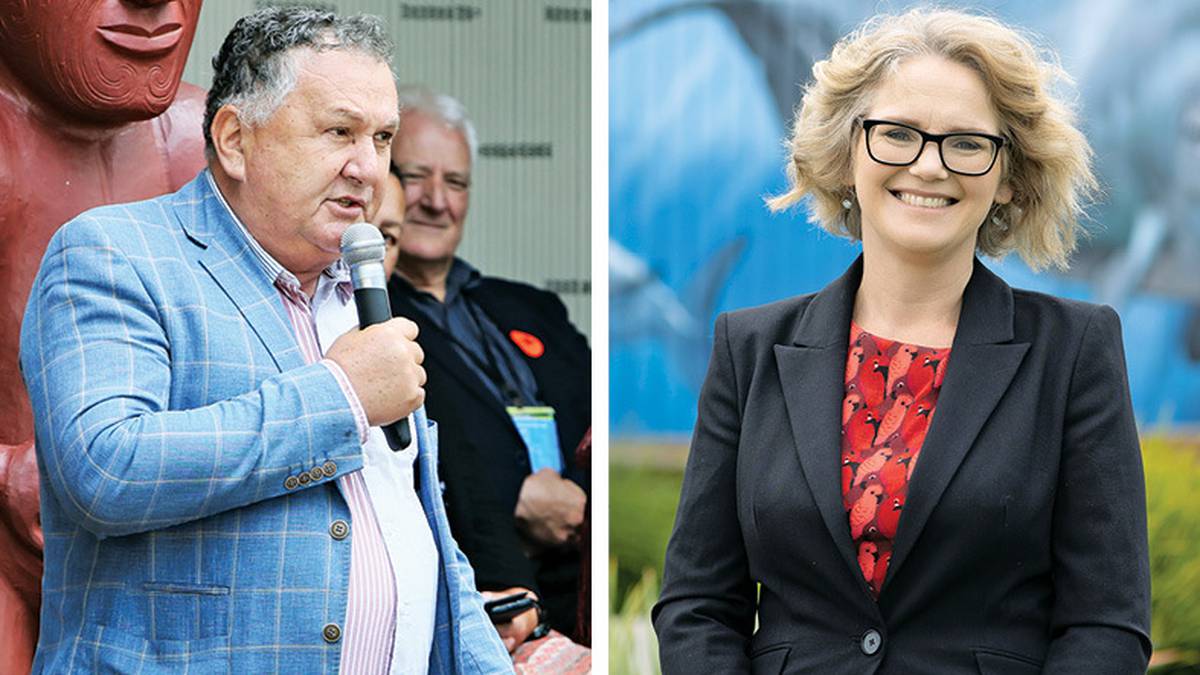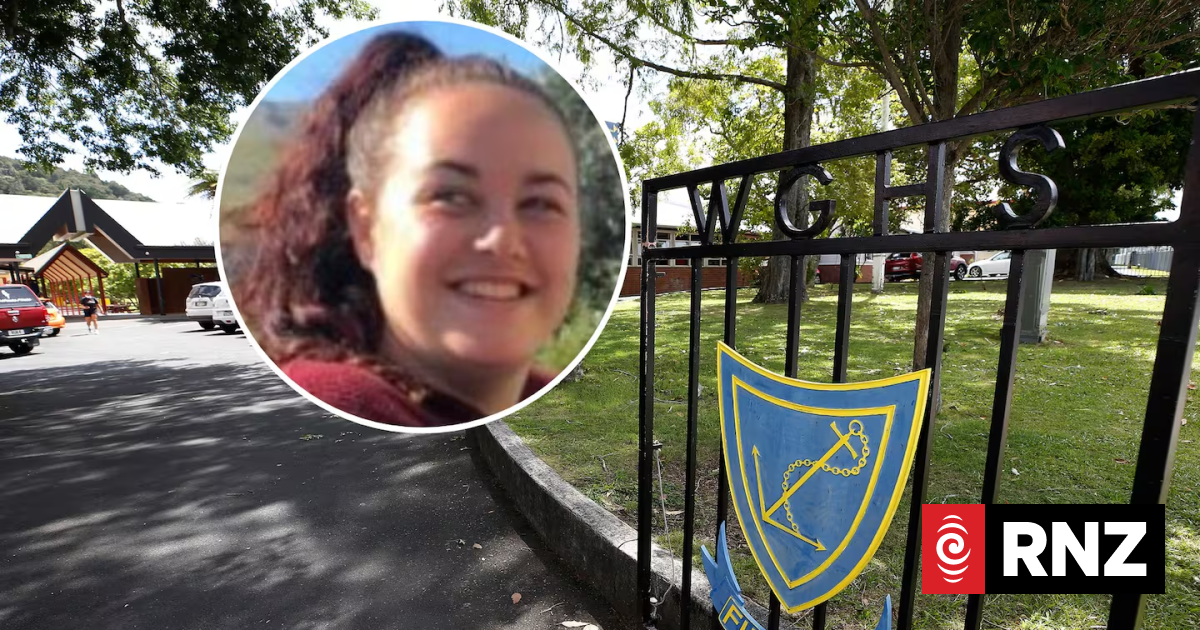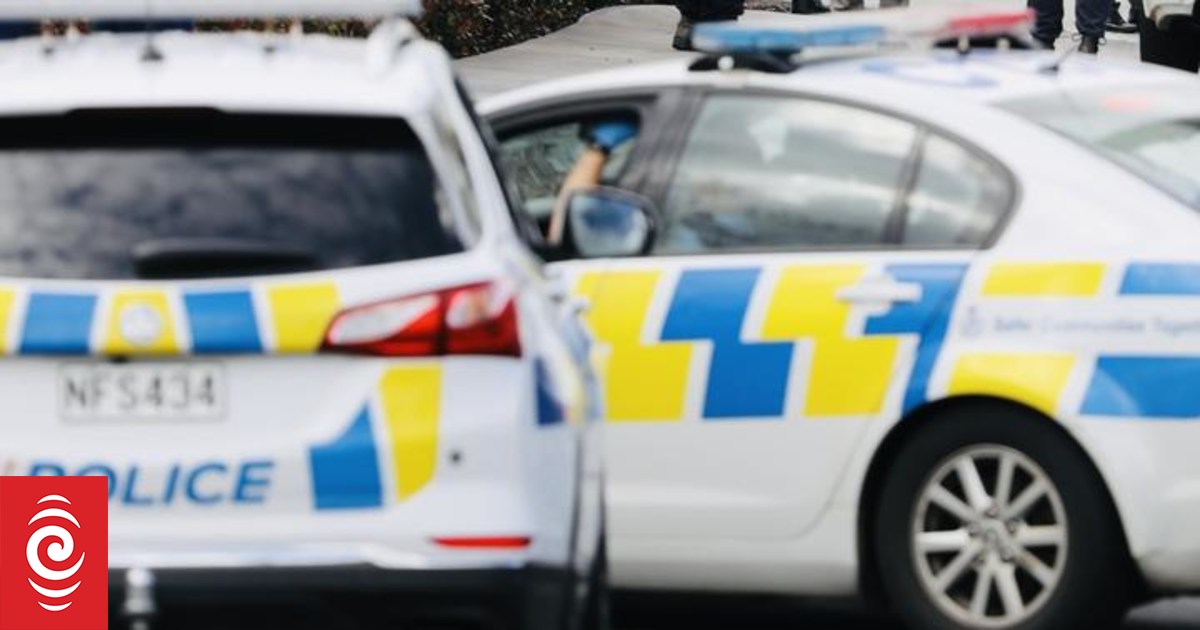Former MP Shane Jones and Whangārei MP Dr Emily Henderson share their views on crime and justice.
The fatal stabbing of a young man outside the doors of Whangārei’s Gull petrol station has sparked debate about whether our justice system can tackle violent crimes.
Police launched a homicide investigation following a 25-year-old’s death at Gull in Raumanga on Saturday night. The Advocate previously reported the man had gone to help a woman allegedly being robbed at the service station’s ATM.
On Monday, a lead detective renewed an appeal for information while confirming the incident did not appear to be gang-related.
However, New Zealand First candidate for Northland Shane Jones lashed out at the “wicked and shocking” incident, calling it “a deep mark of shame” that highlighted the dire state of crime and violence in the region.
Advertisement
“I’m formally of the view that the time has well and truly arrived for a dedicated and robust police unit as in Queensland, Australia.”
Jones was referring to Taskforce Maxima – a Queensland police unit adopted in 2013 to disrupt, dismantle and eliminate outlaw motorcycle gangs. The anti-biking police unit was given an expanded remit to tackle all forms of organised crime in 2017.
New Zealand Police operate the National Organised Crime Group (NOCG), dedicated to reducing the harm organised crime inflicts on communities.
Jones believed a stricter approach would “deal” with armed perpetrators who “believe they can get away with acts of violence”, as police would be better placed to get ahead of the issues.
Advertisement
“These people respect nothing else other than force. They live by the code ‘an eye for an eye’, and I’m all for making them blind.”
/cloudfront-ap-southeast-2.images.arcpublishing.com/nzme/A7LPUJXI4FAHPHJX3U5POW7FYU.JPG)
But Whangārei MP Dr Emily Henderson said there is no easy fix, as much as people may want one.
“When you look at the people who end up committing crimes – not just one-offs, but the long-term recidivist and dangerous offenders – the drivers are often things like addiction, intergenerational poverty and violence they have experienced, and alcohol abuse.
“Those aren’t things you can punish out of someone,” she said.
Henderson specifically addressed the notion of boot camps – a tactic introduced during John Key’s era as Prime Minister. Key’s Government introduced military-style “activity camps” for serious young offenders, considered a flop as more than half of the youth offenders who attended went on to re-offend.
“They don’t work because we take kids after the camp and put them back into the same deprived communities and the same deprived families they came from. We’ve got to treat the whole system,” she said.
Henderson, an experienced family court lawyer and former Crown prosecutor, was part of repealing the three strikes law – a creation of Act when in coalition with National to introduce harsher measures.
The law meant people convicted of a third serious violent, sex or drug offence should get the maximum available sentence without parole, unless it would be “manifestly unjust”.
“The reason it was repealed: it categorically doesn’t work. I was on the Justice Select Committee that actually did that investigation, and there is no evidence worldwide that the three strikes law reduces reoffending.”
All the law would do was “tie judges’ hands” and create “really pitiful outcomes,” Henderson said.
Advertisement
Both Jones and Whangārei Mayor Vince Cocurullo have been critical of the courts, with each commenting on scenarios when cases are dismissed due to technicalities.
Henderson said it was “inappropriate” for any Government leader to criticise judges.
“The judges are separate from the Government for good reasons – so that they can operate independently and give cases proper consideration on all their facts.”
The level of detail judges ascertain in the courtroom – that determines how they operate – was “far beyond” what information was out in the general public, Henderson said.
“It is one thing to recognise the hardships that people are in and the drivers of crime, but it’s a whole other thing to tolerate the behaviour itself.”
Henderson said Labour was on its way to fulfilling its commitment to fund 1800 more police officers, and was even ahead of schedule.
Advertisement
“It’s unnuanced, knee-jerk reactionary b******t to say there are easy fixes to what are problems that have been the result of intergenerational neglect and deprivation.”
But Jones rejected intergenerational harm and colonisation – even adding Covid to the list.
“We need to create a system that abandons all the touchy-feely aspects,” he said.
However, both acknowledged foremost the “hell” the whānau of the man killed was going through.
“At the moment, our hearts and our thoughts need to be with the whānau,” Henderson said.




